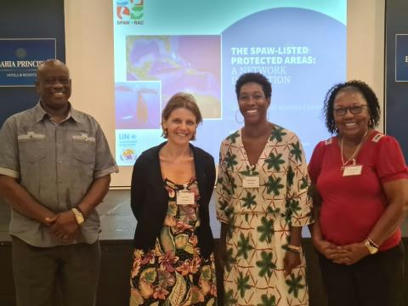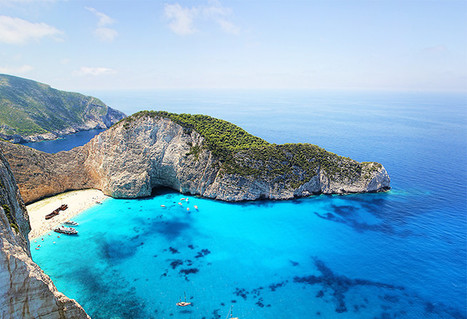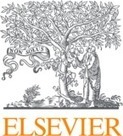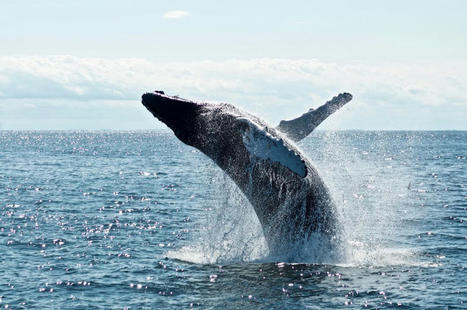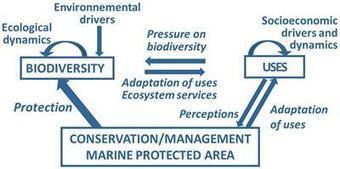Selon la Convention de Carthagène, ce centre travaille à mettre en œuvre le protocole SPAW relatif à la protection de la biodiversité marine et côtière dans la grande région Caraïbe, depuis le Golfe du Mexique jusqu’à la mer des Antilles.
Research and publish the best content.
Get Started for FREE
Sign up with Facebook Sign up with X
I don't have a Facebook or a X account
Already have an account: Login
Revue de presse et du net par le Pôle de partage des connaissances S&T de l'Office français de la biodiversité
Curated by
DocBiodiv
 Your new post is loading... Your new post is loading...
 Your new post is loading... Your new post is loading...
|
|




